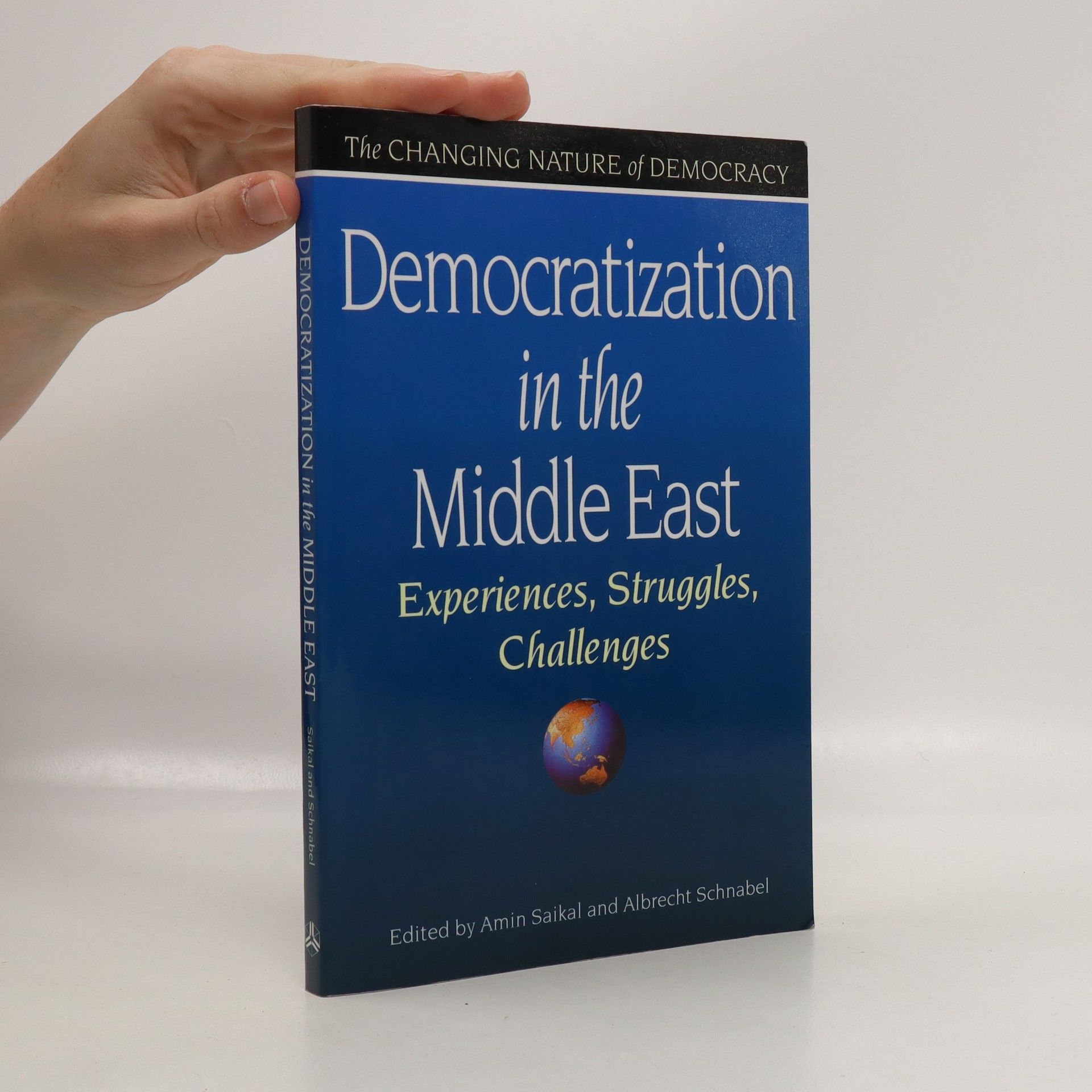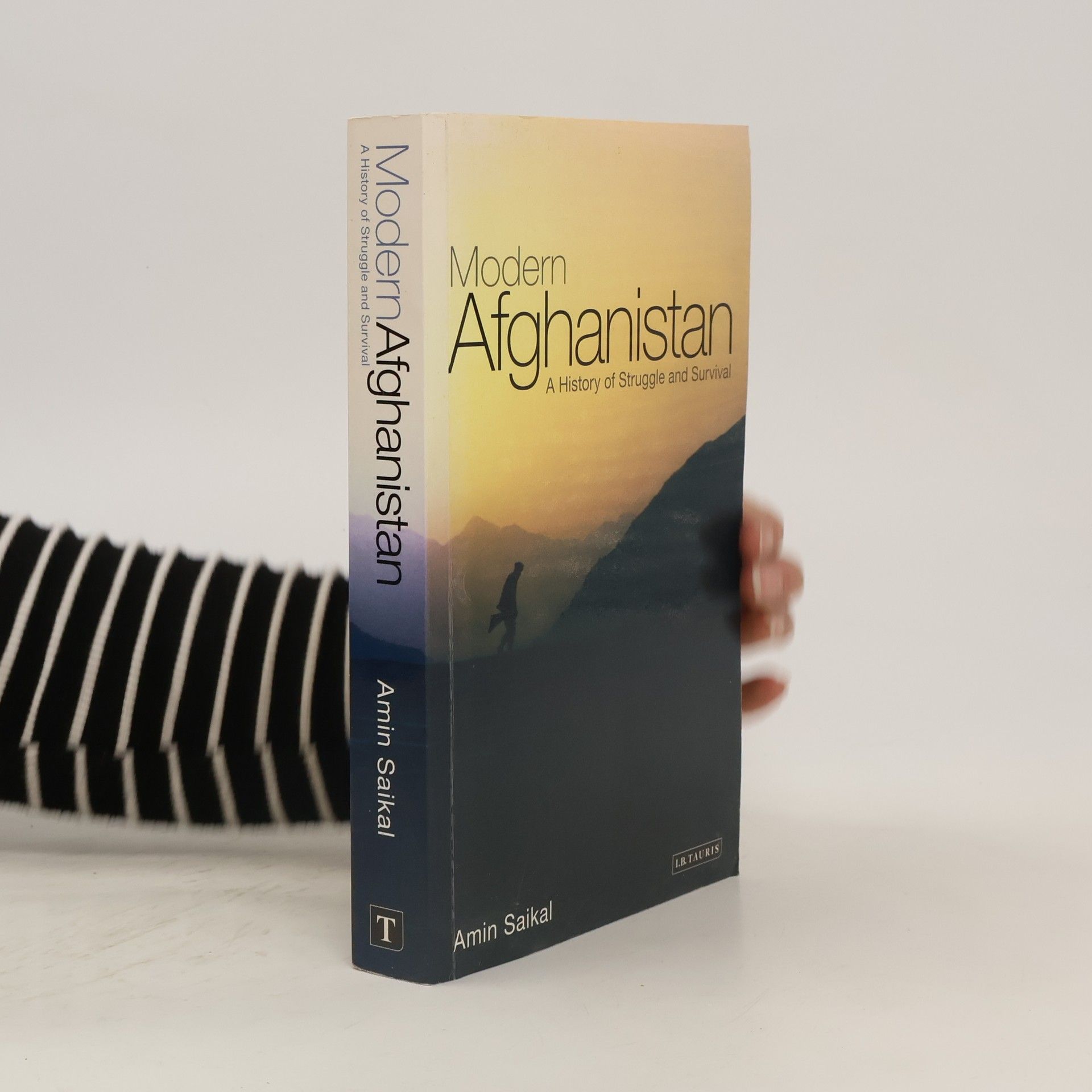Connecting a number of divergent perspectives on the current state of Afghanistan, this book outlines the country's past and present instability and how this impacts and is conceptualised by its neighbours as well as by international heavyweights such as Russia, China and the United States. Given Afghanistan's extensive cross-border ethnic, linguistic, sectarian and cultural ties with its neighbours – whatever transpires in the war-torn country is bound to have regional and global security implications. This study focuses on the current formal and informal defensive policies the states of Central Asia have in place in the event of the Afghan situation deteriorating further or the Taliban-led insurgency substantially widening their influence. The book also considers the positions and policy responses of three influential actors in the region: Russia, China and the United States. It assesses the convergence of interests between these great powers in stabilising Afghanistan, and their divergence of geopolitical objectives in the region.
Amin Saikal Knihy
Amin Saikal je přední politolog, který se zabývá politickými vědami a arabskými a islámskými studiemi. Jeho práce se zaměřuje na širší region Blízkého východu a Střední Asie a zkoumá dynamiku moci a historické změny v těchto oblastech. Saikal analyzuje, jak se mocnosti vzestupují a padají a jaké faktory ovlivňují moderní státy. Jeho pohled je cenný pro pochopení složité politické krajiny regionu.





Afghanistan's history is a sad Soviet invasion in 1979; Pakistan-backed internal conflict in the 1980s; the Taliban regime and then the US invasion after the catastrophe of September 11th. Why does Afghanistan remain so vulnerable to domestic instability, foreign intervention and ideological extremism? Amin Saikal provides us with a sweeping new understanding of this troubled country that grounds Afghanistan's problems in rivalries stemming from a series of dynastic alliances within the successive royal families from the end of the eighteenth century to the pro-Communist coup of 1978. This is the definitive study of Afghanistan.
An incisive, authoritative account of the West's failures in Afghanistan, from 9/11 to the fall of Kabul In 1958, Richard Nixon described Afghanistan as "unconquerable." On 15th August 2021, he was proven right. After twenty years of intervention, US and NATO forces retreated, enabling the Taliban to return to power. Tens of thousands were killed in the long, unwinnable war, and millions more were displaced--leaving the future of Afghanistan hanging in the balance. Leading expert Amin Saikal traces the full story of America's intervention, from 9/11 to the present crisis. After an initial swift military strike, the US became embroiled in a drawn-out struggle to change Afghanistan but failed to achieve its aims. Saikal shows how this failure was underlined by protracted attempts to capture Osama bin Laden, an inability to secure a viable government via "democracy promotion" efforts, and lack of wider strategy in the "war on terror." How to Lose a War offers an insightful account of one of the US's most significant foreign policy failures--and considers its dire consequences for the people of Afghanistan.
Iran Rising
- 344 stránek
- 13 hodin čtení
"When Iranians overthrew their monarchy, rejecting a pro-Western shah in favor of an Islamic regime, many observers predicted that revolutionary turmoil would paralyze the country for decades to come. Yet forty years after the 1978-79 revolution, Iran has emerged as a critical player in the Middle East and the wider world, as demonstrated in part by the 2015 international nuclear agreement. In Iran Rising, Iran specialist Amin Saikal describes how the country has managed to survive despite ongoing domestic struggles, Western sanctions, and countless other serious challenges"--
Democratization in the Middle East: Experiences, Struggles, Challenges
- 240 stránek
- 9 hodin čtení
Democratization in the Middle East addresses a number of key issues determining the success or failure of sustainable democratization in the region. With the exception of Israel, the constituent states cannot yet guarantee a path toward sustainable democracy. If anything, movement toward political, economic, and cultural liberalization has thus far brought instability and violence to the region, as traditional and religious values conflict with secular ethics, norms, and practices. Drawing on analyses of Iran, Iraq, Jordan, Lebanon, and Syria—as well as the North African nations of Algeria, Libya, Morocco, and Tunisia—this book examines patterns of democratization; the relationship between civil society and the state; the impact of Islam and Islamic movements; and the interdependence of development, peace and democratization, and political and economic transition. The contributors conclude that, in order to advance democratization processes throughout the region, reforms must be gradual and must be organized and monitored from the top, while supplemented by a similarly gradual process toward the establishment of a broad-based and broadly supported civil society. Only such gradual reform processes will be successful in creating participatory, just, peaceful, and stable societies in the Middle East. Contributors include Kamel S. Abu Jaber, Tom Pierre Najem, Etel Solingen, Gerald Steinberg, Majid Tehranian, and Mark Tessler.